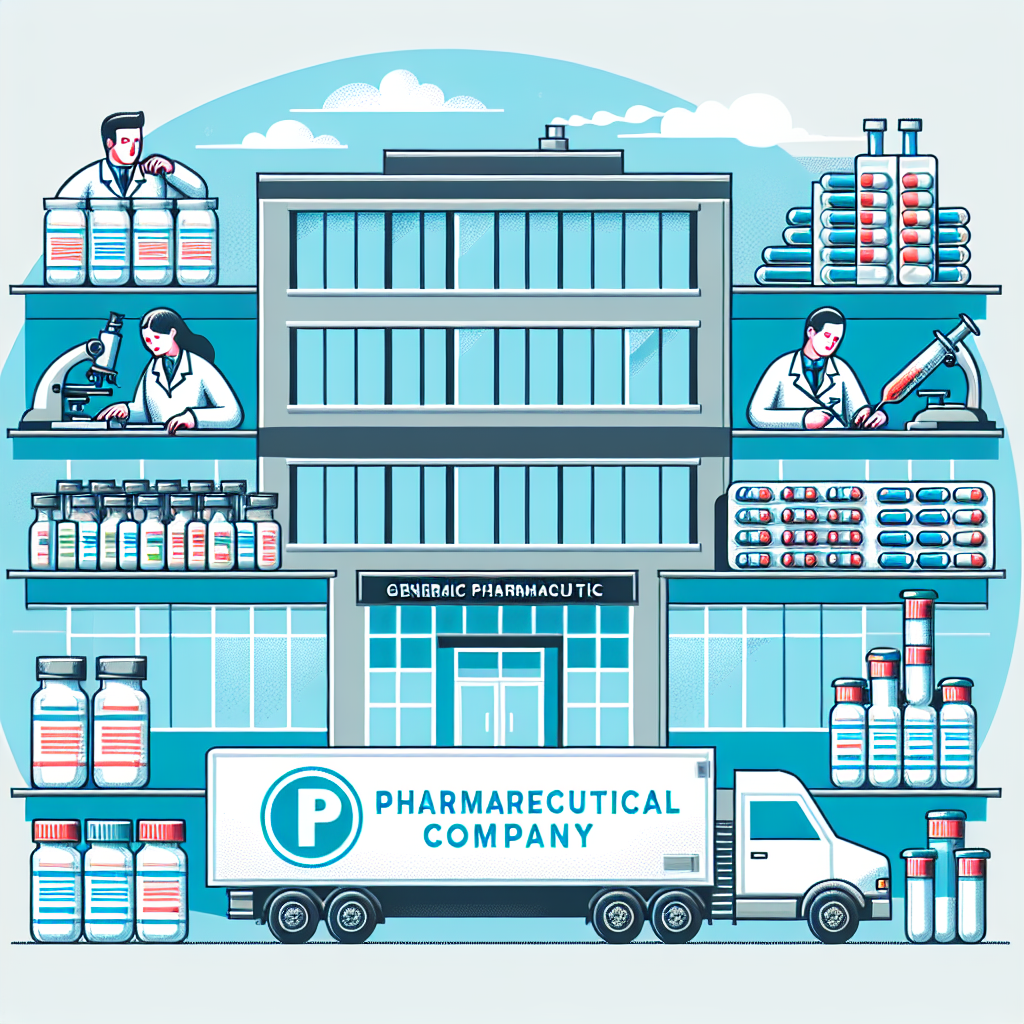Weighing the Costs: GLP-1 Drugs and Obesity Treatment
An analysis of U.S. health insurance claims reveals that drugs like Wegovy, used to treat obesity, significantly increase medical costs despite claims of societal savings. The study highlights a 46% rise in medical expenses for patients on GLP-1 drugs, with no reduction in obesity-related health events. Many patients stop using these costly medications within two years.

Recent data analysis of U.S. health insurance claims unveils that GLP-1 drugs, such as Wegovy, while effective for weight loss, inflate medical costs instead of curbing them. According to Prime Therapeutics, the annual medical expenses ascended by 46% for patients using these drugs, compared to a 14% rise for a control group not on medication.
The surge in medical costs primarily stems from prescription drug expenditures for GLP-1 users, without a noticeable decrease in obesity-related health incidents like heart attacks or diabetes diagnoses. This challenges claims by manufacturers, including Novo Nordisk and Eli Lilly, who argue that their products will ultimately alleviate healthcare costs by addressing obesity-related issues long-term.
Despite pharmaceutical companies profiting from GLP-1 drugs, concerns about high costs have led many U.S. employers and governments to hesitate in providing insurance coverage. The potential rise in the weight-loss drug market, projected to reach $150 billion annually, necessitates a closer look at long-term healthcare savings versus upfront expenses.
(With inputs from agencies.)
ALSO READ
Racial Disparities in Access to Novo Nordisk's Diabetes Drugs Among U.S. Veterans
Controversy Over Novo Nordisk's Phased-Out Insulin Pens
Global Health Challenges: From Weight-Loss Wars to Vaccine Shortages
Government Health Plans Dominate Weight-Loss Drug Coverage
Rising Coverage for Weight-Loss Drugs Among U.S. Employers in 2024










